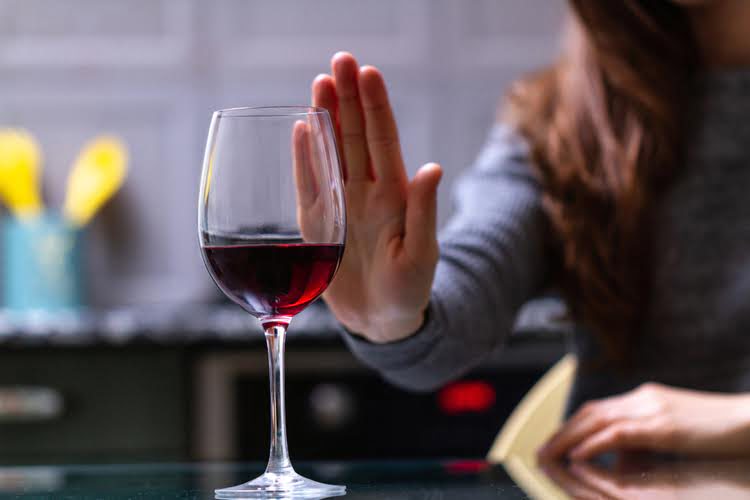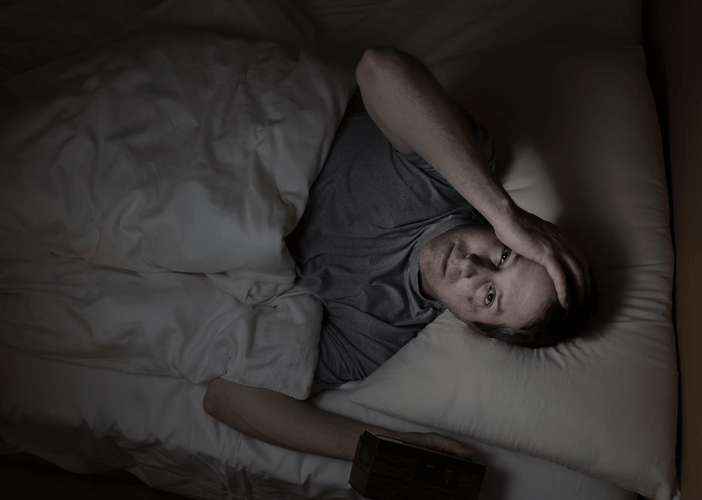
Sitemize hoşgeldiniz.
Tarih: 10-17-2025
Saat: 06:18
Gönenbaba İnşaat Malzemeleri Sanayi ve Ticaret LTD. ŞTİ. Yerköy/YozgatGönenBaba Ticaret, Odun, Kömür, Demir, Çimento, Kireç, Tuğla, Kiremit, Galvanizli Tel, Beton Direk, Kum ve Çakıl satışlarımız başlamıştır. |
Üye Panelİ
Anket
 Yükleniyor ...
Yükleniyor ...
KATEGORİLER
- ! Без рубрики
- 1
- 2
- 3
- 365
- 4
- 5
- 8x Bet 936
- 8xbet App 391
- a16z generative ai
- adobe generative ai 2
- Affiliate
- aug_sb
- BAHÇE MALZEMELERİ
- bahisyasal
- bahisyasal 8000
- beste-zahlungsarten.de
- Bookkeeping
- Buy Semaglutide
- Casino
- CH
- chatbot recruiting 10
- CIB
- EC
- Forex News
- Forex Trading
- Genel
- httpswww.comchay.de
- httpswww.hermannhirsch.com
- İNŞAAT MALZEMELERİ
- LinkM1
- Monro-casino
- NEW
- news
- oct
- oct_bh
- oct_hitech-advisor.com
- oct_mb
- oct_troyandlindsey.com
- oct_weareautoworld.com
- oct1
- oct2
- oct3_AZ
- oct4
- Omegle
- Omegle cc
- Our online casino partners
- Partners
- Post
- ready_text
- Semaglutide Online
- sep_mars_innovationforum_hopscotchfriday
- sep1
- sep2
- sep4
- showbet 8610
- Sober living
- test
- uncategorized
- Новости Форекс
- Форекс Обучение
POPÜler YAZILAR
- İLETİŞİM




 (5,00 out of 5)
(5,00 out of 5) - TEL ÖRGÜ ÇEŞİTLERİ




 (5,00 out of 5)
(5,00 out of 5) - HAKKIMIZDA




 (5,00 out of 5)
(5,00 out of 5) - İNŞAAT MALZEMELERİ




 (5,00 out of 5)
(5,00 out of 5) - RESİMLER




 (5,00 out of 5)
(5,00 out of 5) - REFERANS




 (5,00 out of 5)
(5,00 out of 5) - Galvanizli Tel




 (5,00 out of 5)
(5,00 out of 5) - Dikenli Tel




 (5,00 out of 5)
(5,00 out of 5) - Kum ve Çakıl




 (5,00 out of 5)
(5,00 out of 5) - Beton Direk




 (5,00 out of 5)
(5,00 out of 5)
SON YORUMLAR

 Yazar: gonenbaba
Yazar: gonenbaba

 Tarih: 26 Nisan 2022 / 16:58
Tarih: 26 Nisan 2022 / 16:58
Family therapy addresses familial dynamics and relationships, fostering support networks and promoting open drunk aggression communication. Psychodynamic approaches delve into underlying emotional conflicts and unresolved traumas, offering insight and resolution. By assessing the individual’s specific needs, circumstances, and underlying triggers for alcohol use and anger expression, treatment can be customized to address these factors effectively. This phenomenon highlights the complex interplay between alcohol and emotional regulation, underscoring the importance of mindfulness and self-awareness in alcohol consumption. Alcohol’s impact on the frontal lobe, a region responsible for executive functions such as emotional regulation, decision-making, and impulse control, is profound. We can create an environment of emotional well-being and resilience by promoting awareness, exploring healthier coping strategies, and fostering support networks.
- Impairment in judgment and impulse control from heavy drinking can cause anger to escalate to rage and even violence.
- Alcohol lowers your inhibitions, making it more likely that these stored-up feelings will come out sideways as anger.
- They might process a situation differently than if they were sober.
- Alcohol myopia is a psychological condition where alcohol consumption narrows a person’s focus, impairing their ability to think clearly and make rational decisions.
- Long-term alcohol use can change personality traits and contribute to emotional instability, affecting relationships and overall behavior.
Useful Links

A qualified counselor or coach can help you identify underlying issues. They can also assist you with developing healthy strategies to work through your anger along with the coping skills to deal with anger when it surfaces. Online programs such as Ria Health provide confidential support from the comfort of your home. Support groups such as Alcoholics Anonymous can also be effective as they allow you to express your feelings and provide tools to work through your anger. Impairment in judgment and impulse control from heavy drinking can cause anger to escalate to rage and even violence.
The Social Cocktail: Environmental Influences on Alcohol-Related Aggression
- Less cognitive function also means that you may misunderstand something and, in turn, overreact.
- It can even be productive because it tells us we need to address some things that aren’t going well in our lives.
- It’s related to alcohol-induced anger because both are caused by the effects of alcohol on the brain.
When you drink alcohol, those inhibitions are lifted, and if you’re feeling angry, you’re more likely to express it and do so in an exaggerated way. Encouraging responsible drinking and seeking help when needed are crucial steps in reducing alcohol-related aggression. It’s important to remember that while these strategies can help in the moment, they’re not long-term solutions. Setting boundaries and seeking help are crucial steps for both the angry drunk and their loved ones.

What Are Two of the Main Causes of Alcoholism?
That’s why addressing both alcohol abuse and emotional development is so important. True https://www.toursfrommarrakesh.com/binge-drinking-alcohol-bruising-or-discoloration/ recovery involves more than just sobriety; it’s about learning to manage emotions in a healthier, more constructive way. Alcohol-related anger and aggressive behaviors increase the chance of developing common mental health conditions, including depression, anxiety, and stress.
- But what exactly is an “angry drunk,” and why does alcohol sometimes bring out the worst in people?
- However, when that anger becomes constant or uncontrollable, it can cause a number of issues.
- Seeing how many drinks you’ve had, how much money you’ve saved, or how many alcohol-free days you’ve enjoyed can be incredibly motivating.
- This pattern can make it increasingly difficult to handle your emotions without alcohol, leaving you feeling reactive and on edge.
Build a Support System
The anger that emerges is often a manifestation of pain that’s been buried deep within. When confronted with anger in intoxicated individuals, maintaining calmness and composure is key. Avoid escalating the situation further by remaining level-headed and composed, even in the face of provocation. In assessing the level of risk, it’s essential to differentiate between verbal expressions of anger Halfway house and potential physical aggression.
How to Deal With A Drunk Angry Person
Or maybe you’ve seen someone you love become irritable and quick to argue when they’re drinking. The connection between alcohol and anger is deeply rooted in how alcohol interacts with your brain’s chemistry and structure. When you drink, you’re essentially dampening the part of your brain that manages rational thought and emotional control, which can make anger feel more intense and harder to manage. “Keep in mind that any amount of drinking can influence emotions and behavior,” O’Brien says.



